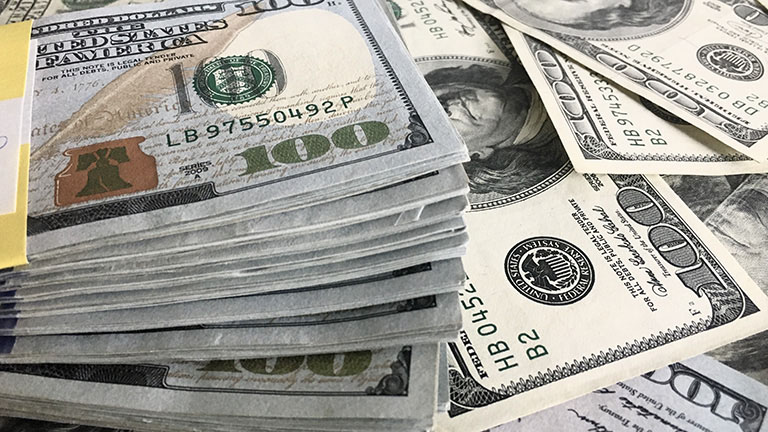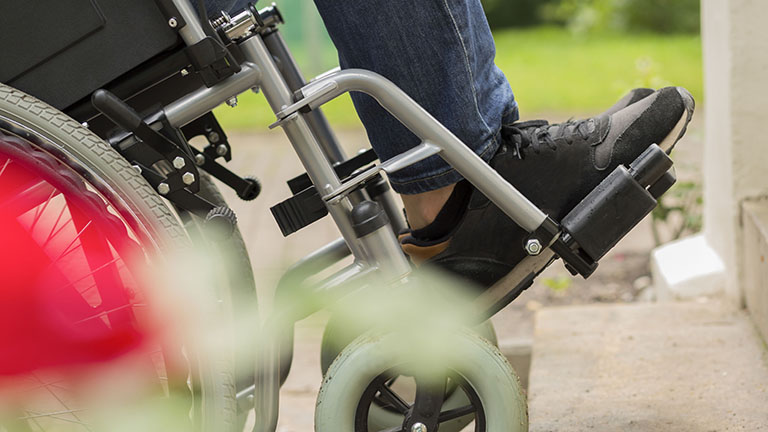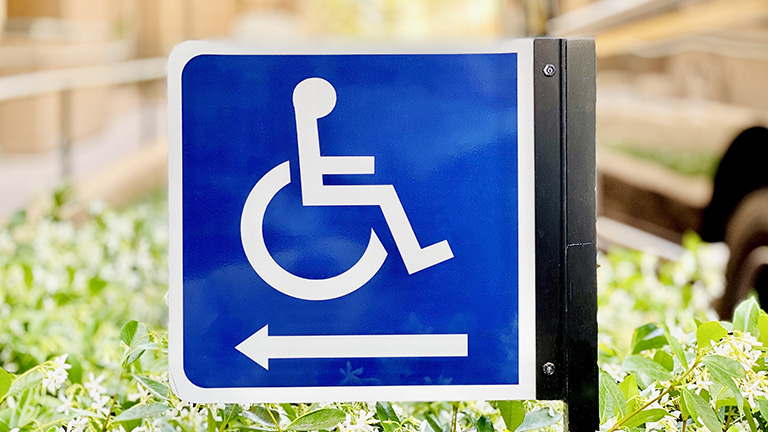Whether it’s for a community project, a business, or a private home, purchasing a wheelchair lift is making an investment. However, investing in accessibility equipment can often be expensive. Therefore, the following lists funding options available for purchasing assistive equipment, such as wheelchair lifts.
Funding for Public Associations
- U.S. Department of Veterans’ Affairs (VA): The VA provides money to community programs that work to support U.S. military veterans. These programs vary in scope, ranging from healthcare facilities to inclusion and rehabilitation programs. According to a grant recipient announcement, in 2016 the VA has spent $7.8 million on adaptive athletics programs for veterans. For further information about grants offered by the VA and where to apply visit the VA’s Office of Finance webpage.
- U.S. Department of Housing and Urban Development (HUD): The HUD offers funding on a competitive basis to organizations, groups, and local government bodies’ whose primary focus is the improvement of communities and public empowerment.
- U.S. Department of Health and Human Services (HHS): In 2015, Health and Human Services provided over $1 billion to support state departments such as the Department of Health Care Services and the New York State Department of Health, as well as other smaller city public entities. Such state government departments use grants from the HHS to fund wellness programs and modification projects.
- These previously mentioned institutions generally advertise their available grants through Grants.gov. Therefore, parties interested in applying for government funding must register with Grants.gov and apply through their portal.
Funding for Private Businesses
- Tax Incentives for Improving Accessibility: Available annually, the IRS offers two separate incentives to businesses for making accessible renovations to their building. A small business (companies employing 30 or fewer full-time workers or reports a revenue of 1 million dollars or less) may take advantage of both incentives every year.
- Tax Credit: Up to a $5,000 annual tax credit is available to small businesses for making accessible adaptations to an existing structure.
- Tax Deduction: A $15,000 annual tax deduction is available to all business spending $20,000 or more for accessible modifications.
Funding for Private Residences
- Tax Deductions: Paying out of pocket is the easiest method of buying a wheelchair lift and there is a tax incentive for doing so. However, the incentive is contingent upon a modification increasing property resale value. That said, installing a wheelchair lift is considered a modification due to it resulting in permanent alteration to a building. Thus, if a lift increases the resale value of the property, the expense may be tax deductible. However, interested parties should consult with a tax professional or visit the Internal Revenue Services (IRS) website for more information.
- Medicaid Waivers: Medicaid waivers offer funding for home modifications to seniors in need of assistance with daily living activities who are making a transition from nursing homes. However, there are requirements to receive funding. Interested parties should visit the Medicaid website for a listing of state waiver programs.
- U.S. Department of Veterans’ Affairs (VA): Separate from funding for larger government and public entities, the VA also offers several different programs for assisting disabled veterans making modifications and purchasing medical equipment for their homes.
- Specialty Adapted Housing (SAH) provides funds to build or remodel an adaptive home, or applied toward the unpaid principal mortgage balance of a previously acquired adapted home.
- Special Home Adaptation (SHA) may be used to remodel a home already owned, remodel a home a veteran plans to purchase, or help purchase an already adapted home.
- Home Improvement and Structural Alteration (HISA) may be used to fund accessible improvements for entering and exiting a home, as well as access to bathrooms, living areas, and driveways.
More Information
For further information about these grants, visit the U.S. Department of Veterans Affairs website.
Please Note: This page is not intended to be exhaustive or authoritative. Therefore, interested parties are strongly encouraged to contact a specialist or the organization in control of each funding option. For more information about buying a platform lift read, “What to Know When Choosing a Wheelchair Lift.”



